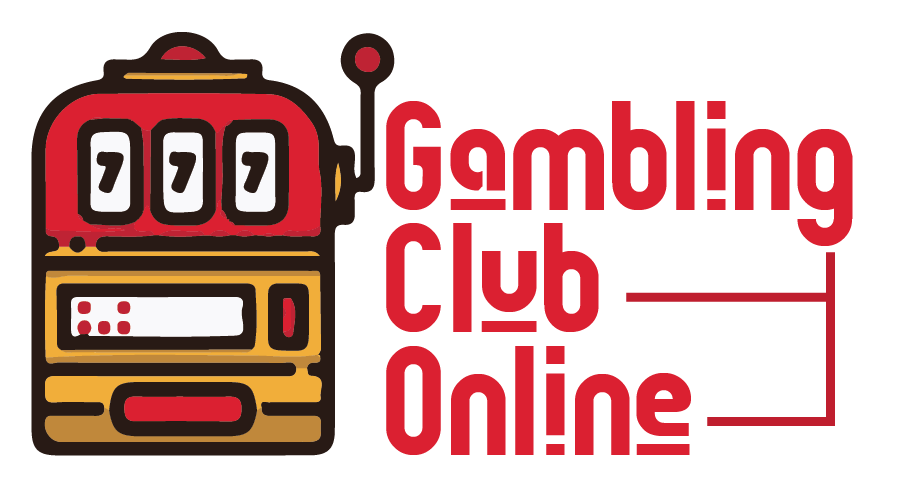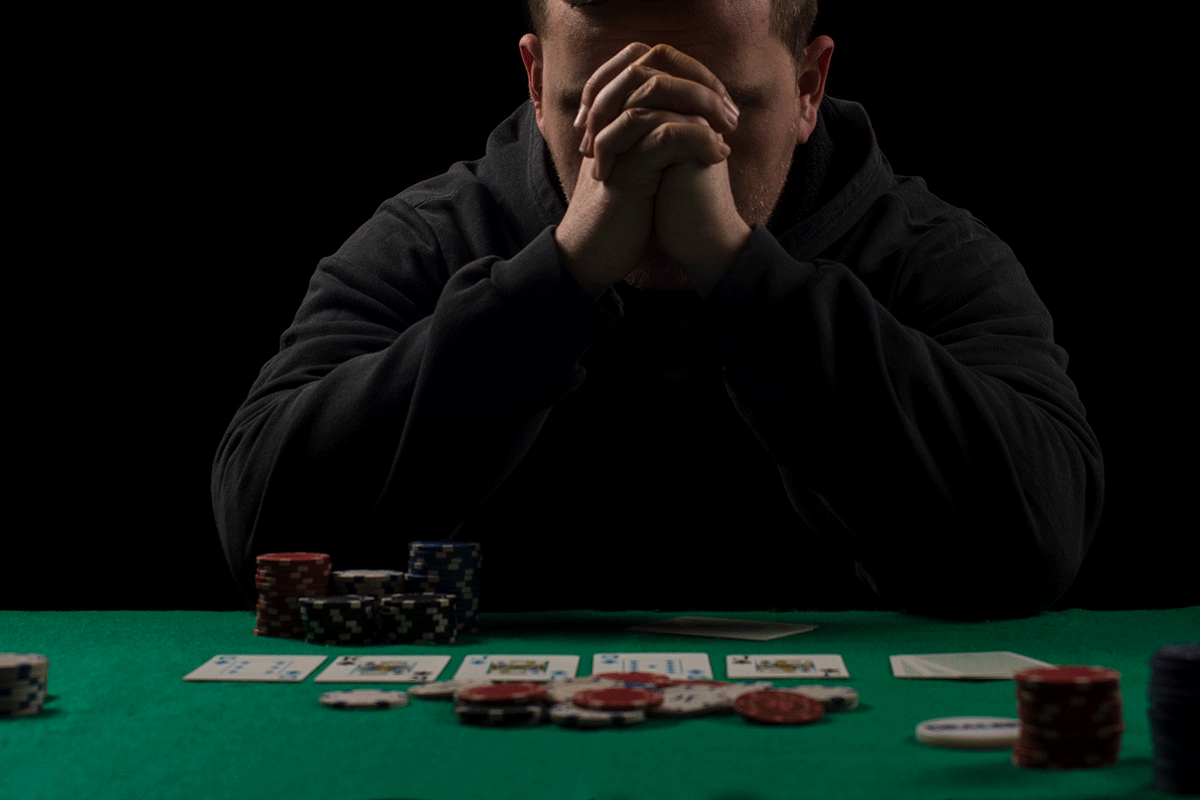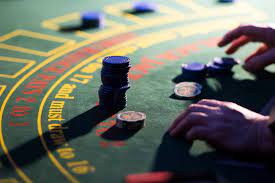Recognizing and Addressing Problem Gambling Behaviors
Gambling can quickly become an addiction that threatens personal finances, relationships and responsibilities.
Recognizing the signs of problem gambling behavior is essential in order to avoid its negative repercussions and its resulting problems. Common symptoms may include persistent preoccupation with gambling, lying about activities related to it and chasing losses.
Addiction
As soon as someone you care for becomes addicted to gambling, the consequences can be devastating for all involved. Your loved one may neglect physical and emotional needs, lie to you or spend money they don’t have – making recovery hard for both of you involved and creating stress in both of you. In order to help them recover safely and avoid covering for them or paying their debts yourself.
Gambling problems often co-occur with mental health conditions like depression, bipolar disorder, anxiety or attention deficit hyperactivity disorder (ADHD). A therapist can assist your loved one in changing unhealthy gambling behaviors and thoughts such as rationalizations and irrational beliefs while teaching how to fight urges and solve any associated problems caused by gambling. Many individuals also benefit from medications like antidepressants or mood stabilizers in addition to therapy or other treatments for gambling addiction.
Triggers
People suffering from mental disorders such as depression or anxiety are at a greater risk for gambling problems, as their condition can trigger and worsen gambling behaviors. Furthermore, this distressing state can prompt individuals to find relief through other means such as drinking or taking drugs – further increasing gambling addiction risk.
Gambling Disorder, also known as Compulsive Gambling (CG), is a serious mental health condition in which one engages in irresponsible and harmful gambling behavior, often with disastrous outcomes. Its hallmark symptoms include an irresistible urge to gamble regardless of its consequences, preoccupation with gambling, as well as irrational thinking patterns.
There are steps you can take to help someone with a gambling addiction, including talking to them about your concerns and encouraging them to seek treatment. Be sure to do this in a calm and rational manner – if they become angry or refuse to discuss the matter further you should step away.
Depression
Addiction can be challenging for loved ones, particularly when it causes stress, money problems, or strain in relationships. Consulting a therapist may help your loved one learn healthy coping techniques to deal with feelings such as frustration. Keep being supportive as your loved one may take time before seeking assistance – be patient!
Psychotherapy such as cognitive behavioral therapy is an effective way to change unhealthy thoughts and behaviors surrounding gambling. Gamblers Anonymous provides moral support and motivation for those looking to stop. Antidepressants or mood stabilizers may also help reduce depression while decreasing gambling behavior; research shows that when combined with guided self-help approaches such as workbooks or informational calls they can be equally as effective at helping decrease this behavior.
Treatment
Pathological gambling, defined by the American Psychiatric Association as an impulse control disorder, should never be ignored or tolerated in any form. If you believe you or a loved one may have this condition, seeking assistance from trained clinical professionals should be your next step.
Treatment options for problem gambling can include behavior therapy, family therapy, cognitive behavioural therapy and support groups. Medication may also be prescribed; this should only be done as an absolute last resort. These medications may help alleviate symptoms associated with depression or anxiety disorders that often co-occur with gambling disorders.
If your friend has a gambling addiction, it is crucial that you provide support and encourage them to seek help. Gambling addiction affects people from all walks of life, from previously responsible individuals to strong-willed people; therefore it’s crucial that we help build them a better future – this includes fixing relationships as well as learning healthier ways of handling stress.




